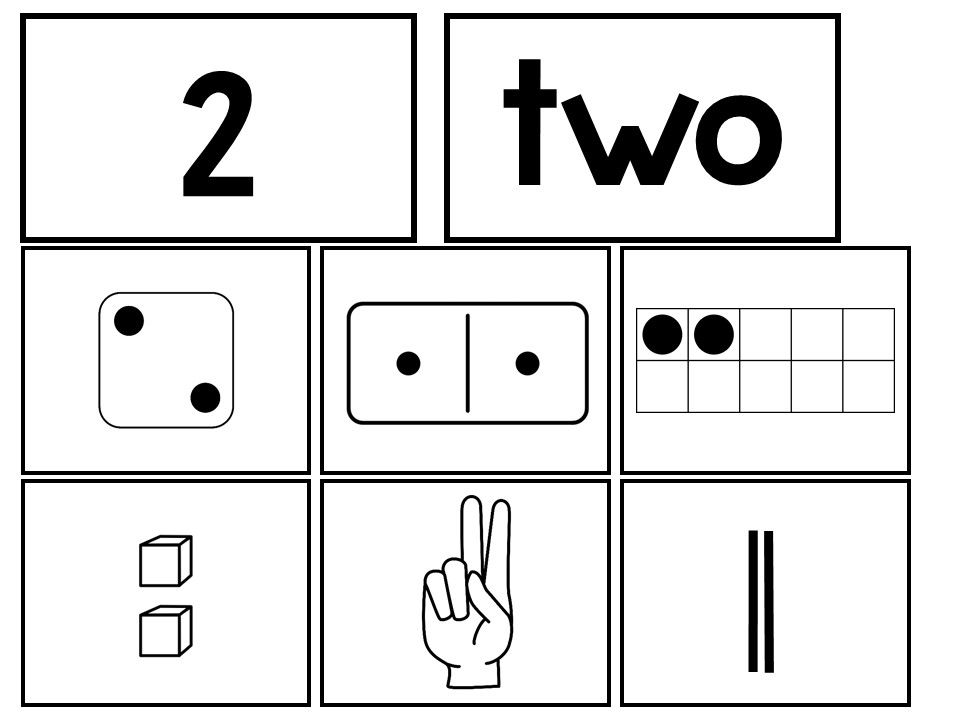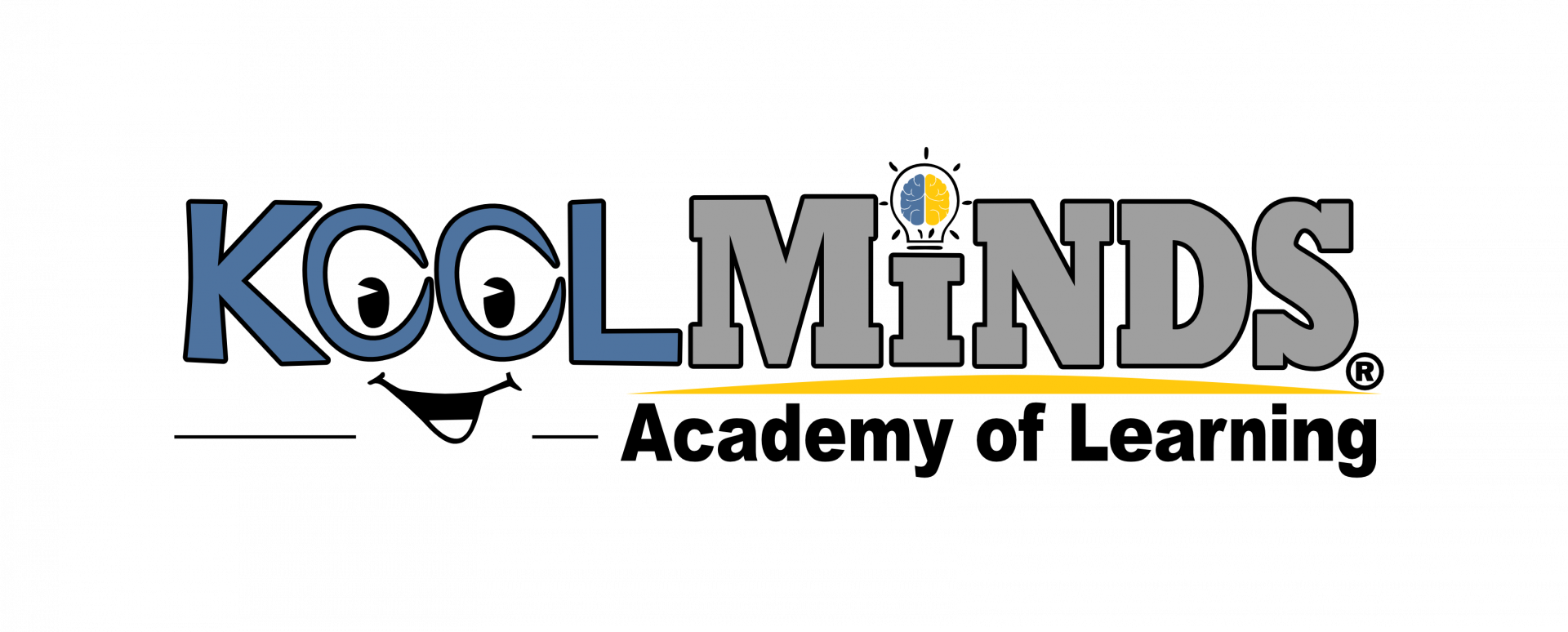Remember the Abacus
May 1
/
KoolMinds Team
Alright, ready to try some math? What was your reaction when I asked that question? Did you groan a little bit? It’s not uncommon to balk when someone mentions equations but for anyone with Dyscalculia, math is not merely unpleasant or anxiety inducing. It is puzzling, frustrating, and a massive hurdle in their learning. What could sometimes be called number blindness and likened to dyslexia for maths, is really a little-known learning disability which affects a person's ability to understand number based information or math.
Many people struggle with math but even more struggle to pronounce the word Dyscalculia. I've always found it's easier to talk about if you know how to say it. So let's get this out of the way, say it with me....
duhs-kal-KYOO-lee-uh. Excellent, now here's what it looks like:
duhs-kal-KYOO-lee-uh. Excellent, now here's what it looks like:
Common Signs and Symptoms of Dyscalculia:
In Young Children:
-
Difficulty learning to count
-
Trouble recognizing printed numbers
-
Poor memory for numbers
-
Trouble organizing things in a logical way
In School-Aged Children:
-
Struggles with identifying which quantity is largest or smallest
-
Poor long term memory for math functions
-
Difficulty measuring things
-
Avoiding games that require strategy
-
Struggles with math vocabulary
-
Missing or overlooking the +/- signs when adding and subtracting
-
Trouble learning math facts (addition, subtraction, multiplication, division)
In Teenagers & Adults:
-
Has difficulty estimating values like speed, time, or distance
-
Difficulty learning math concepts beyond basic math facts
-
Difficulty estimating costs like groceries, bills, etc.
-
Struggles with mental math
-
Difficulty making sense of money (For example, handing a cashier a fistful of bills and change rather than counting it out)
-
Struggles with concepts of time, like approximating time or sticking to a schedule
Dyscalculia often coexists with ADHD and/or dyslexia and it is said that the research on dyscalculia is some 30 years behind the research on dyslexia. Thirty years! Brian Butterworth, a cognitive neuroscientist at University College London who studies numerical cognition, has been focused on this learning disability and has determined through his extensive research that dyscalculia is not a deficiency of memory, attention or language but instead a deficiency of basic number sense, at heart. If this is true, then nurturing the roots of number sense should really benefit dyscalculics.
Number Sense & Subitizing
These two skills are essential to developing the mind of a Dyscalculic person. Number sense refers to a person's ability to work with numbers, understand their quantities, and use them in meaningful ways. It's understanding how numbers come together and break apart, and using mental maths. This is a crucial skill to functioning well in everyday life.
The four skills to developing a strong number sense are:
The four skills to developing a strong number sense are:
-
Understanding the order of numbers in a list: 1st, 2nd, 3rd, etc.
-
Understanding symbols that represent quantities (7 means the same thing as seven)
-
Making number comparisons (12 is greater than 10)
-
Recognizing relationships between single items and groups of items (seven means one group of seven items)
Interestingly, the controversial Common Core math standards were implemented to improve number sense in early education. One way it works is getting students to explain their work and how they arrived to their conclusion. It can seem like an extra long way to arrive at the same answer you got 20 minutes ago when it's getting close to bedtime and math homework still isn't finished but take heart, your student is developing a strong number sense which will serve them for years to come.
Subitizing is the ability to instantly recognize the number of objects without actually counting them. For example, when someone holds up 3 fingers, you automatically know it's three. Or when a dice is rolled and lands on 5, you instantly know it's five without counting the dots. It is important skill in the early development of number sense.
Flash cards, charts or games with various examples of number grouping can be helpful in developing this skill. The reason being that numbers won't always be represented the same, right? The number 5 on a die, with 4 dots in each corner and one in the middle, won't always look like that. It may be 5 dots in a row, or 5 fingers on a hand, or 4 lines in a row with another diagonally. It's important to represent the given number as a variety to fully develop the subitizing skill.
Flash cards, charts or games with various examples of number grouping can be helpful in developing this skill. The reason being that numbers won't always be represented the same, right? The number 5 on a die, with 4 dots in each corner and one in the middle, won't always look like that. It may be 5 dots in a row, or 5 fingers on a hand, or 4 lines in a row with another diagonally. It's important to represent the given number as a variety to fully develop the subitizing skill.

Remember the Abacus
Math manipulatives are essential for helping people with dyscalculia. Dyscalculic children tend to learn much more quickly when they talk through what they do. Having the student slow down and explain what they're doing when working with manipulatives can be very effective. What's a manipulative, you ask? It is any sort of object, chart or activity that will engage the learner and help to learn basic math skills.
The longest standing manipulative is the good old abacus. It's often referred to as the oldest computer and versions of it date back to ancient Mesopotamia, around 2700 B.C. It's actually an amazing tool to learn place value, which is a common struggle for dyscalculics. But it doesn't stop there! You can also add, subtract, multiply and divide on an abacus. They're kind of fun to play with too.
Another really effective tool is a number line which makes comparing numbers easier because the student can see them in a linear state. There are many variations of number lines, but most aren't tactile. It is about as simple as it sounds... numbers on a line. The numbers start low and go higher and it allows the student to jump back and forth, usually working on addition and subtraction.
Other manipulatives could be dice, dominoes, popsicle sticks, a clock, fraction tiles, measuring cups, linking cubes, rulers, money, playing cards and the list goes on. Suffice to say, you don't have to spend a fortune on fancy tools. Most of these items are commonly found around the house.
The longest standing manipulative is the good old abacus. It's often referred to as the oldest computer and versions of it date back to ancient Mesopotamia, around 2700 B.C. It's actually an amazing tool to learn place value, which is a common struggle for dyscalculics. But it doesn't stop there! You can also add, subtract, multiply and divide on an abacus. They're kind of fun to play with too.
Another really effective tool is a number line which makes comparing numbers easier because the student can see them in a linear state. There are many variations of number lines, but most aren't tactile. It is about as simple as it sounds... numbers on a line. The numbers start low and go higher and it allows the student to jump back and forth, usually working on addition and subtraction.
Other manipulatives could be dice, dominoes, popsicle sticks, a clock, fraction tiles, measuring cups, linking cubes, rulers, money, playing cards and the list goes on. Suffice to say, you don't have to spend a fortune on fancy tools. Most of these items are commonly found around the house.
Write your awesome label here.
Write your awesome label here.
Write your awesome label here.
Now, we can't talk about math without mentioning calculators. While it may have been true years ago that you won't always have a calculator in your back pocket, we know that isn't the case now. Many of us whip out our devices for simple math equations every day. Sometimes I'll pull out the calculator, put in the numbers only to quickly find out I already knew the answer. It's a crutch, plain and simple.
Don't get me wrong, there is a time and a place for a calculator. For example, anything beyond +, -, x or / usually warrants calculator usage, at least for me. But if your student is busting out the calculator at every turn, it is not serving them in the long run. What may look like simple math trouble could be a bigger issue, like Dyscalculia, and there are ways to help. Remember the abacus, my friends.
Don't get me wrong, there is a time and a place for a calculator. For example, anything beyond +, -, x or / usually warrants calculator usage, at least for me. But if your student is busting out the calculator at every turn, it is not serving them in the long run. What may look like simple math trouble could be a bigger issue, like Dyscalculia, and there are ways to help. Remember the abacus, my friends.
If you think that you or your child has Dyscalculia, click the link below to learn more about how KoolMinds can help!
Like this page? Share it with your friends!
https://www.koolminds.com/blog/remember-the-abacus
Who We Are
Dedicated team of instructors, teachers, professionals, moms, dads, and communities looking to make a difference in these bright but struggling students.
Featured Links
Copyright © 2025
#1 This is a title
#2 This is a title
#3 This is a title
Thank you
for your interest!
A KoolMinds representative will be in touch soon.
If you'd like to speak to someone now,
please call 866.566.5637
Questions?
Call or Text Us Now
866-566-5637

